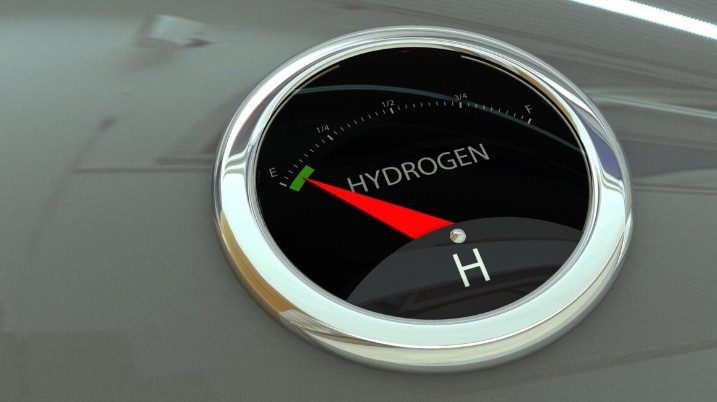


A new report conducted by DNV has revealed that energy professionals identify lack of investment in infrastructure as the joint-highest risk organisations face in relation to hydrogen.
Along with this, a significant majority (78%) say repurposing existing infrastructure will be crucial to developing a large-scale hydrogen economy.
The report, ‘Rising to the Challenge of a Hydrogen Economy’ draws on a survey of more than 1,100 senior energy professionals and in-depth interviews with industry executives on emerging hydrogen value chains.
Within this, it suggests that ambitions, the hydrogen pledges, plans and pilots of recent years have now evolved into concrete commitments, investments and full-scale projects.
84% of senior energy professionals believe that hydrogen has the potential to be a major component of a global, low-carbon, energy system, while 73% say Paris Agreement targets will not be possible without a large-scale hydrogen economy.
A key statement within the report suggests that, by 2025, almost half (44%) of energy companies globally involved in hydrogen expect it to account for more than a tenth of its revenue, rising to 73% of companies by 2030.
On the other side of this new energy value chain, 33% of hydrogen consumers expect hydrogen to represent more than a tenth of its organisation’s energy and feedstock spending by 2025, rising to 57% by 2030.
Energy professionals are aware of the significant challenges involved. Some 71% believe current hydrogen ambitions tend to underestimate the practical limitations and barriers, while 43% believe that the majority of national and organisational hydrogen goals are realistic.
On the debate between green and blue hydrogen, the majority of energy professionals (77%) believe that both blue and green hydrogen need to work in synergy to successfully scale the hydrogen economy.
Ditlev Engel, CEO of Energy Systems at DNV, said, “To meet the targets of the Paris Agreement, the world needs to transition faster to a deeply decarbonised energy system.
“In addition to energy efficiency gains, this will require greater renewable power generation and electrification, and the scaling of technologies to remove the carbon from fossil fuels. Hydrogen will be needed to connect and enable these paths.
“Just a year ago, in DNV’s Heading for Hydrogen research, we said that the challenge for the hydrogen economy is not in the ambition, but in changing the timeline: from hydrogen on the horizon to hydrogen in our homes, businesses, and transport systems.
“We see that the energy industry is rising to this challenge, and increasingly pursuing hydrogen as a profitable business opportunity.”